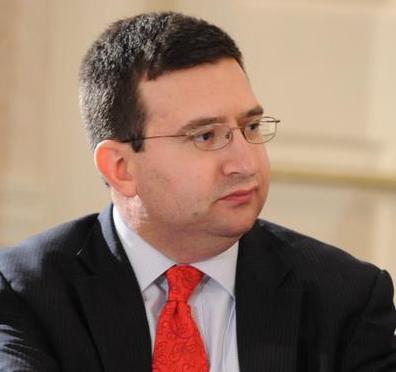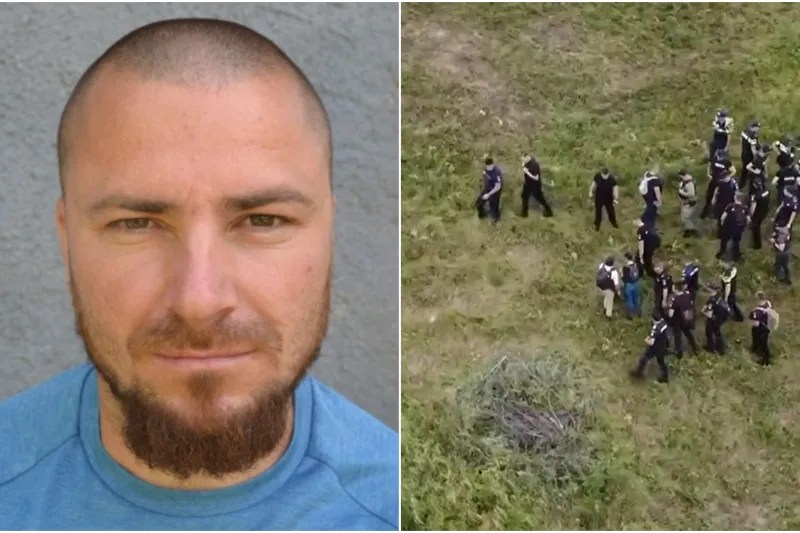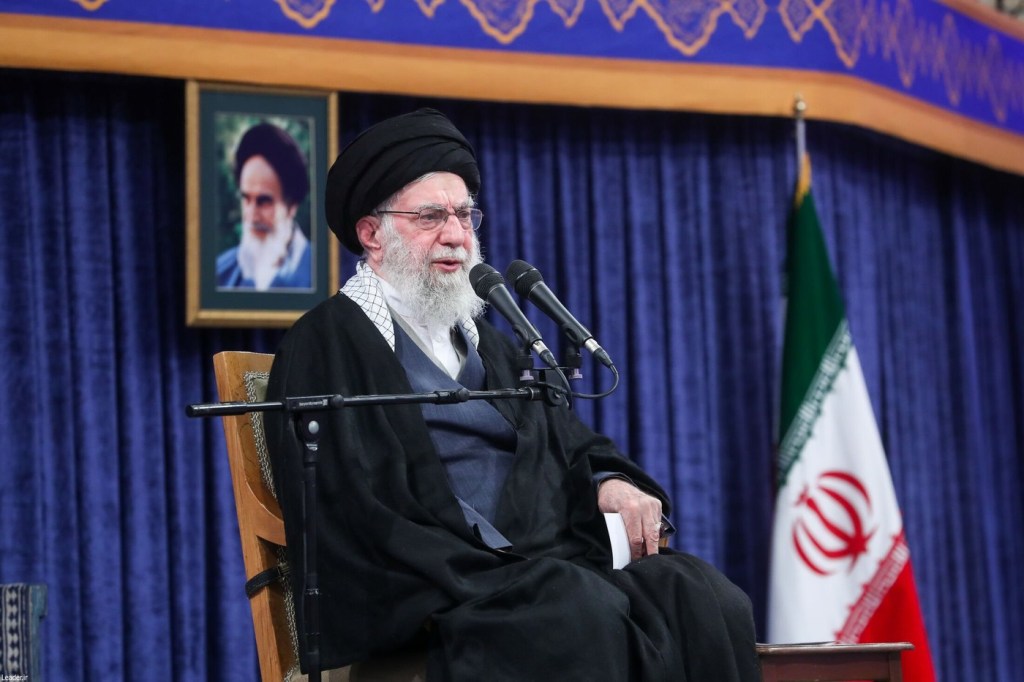The death of Osama bin Laden is an enormous blow to the jihadi network in multiple ways, but it does not kill al Qaeda, Daveed Gartenstein-Ross, an expert in counter-terrorism, has told HotNews.ro. „The jihadi group possesses other leaders who can step in to serve as figureheads for the group”, Gartenstein-Ross has said. The leader of the terrorist network has been killed in a Navy SEAL operation in Pakistan.
Daveed Gartenstein-Ross on the death of Osama bin Laden, announced by President Barack Obama on Monday:
- Osama bin Laden seems to have been more operationally relevant to al Qaeda, even in recent years, than many analysts understood. His death is thus an enormous blow to the jihadi network in multiple ways, but it does not kill al Qaeda. The jihadi group possesses other leaders who can step in to serve as figureheads for the group, along with working to pair militant skill sets with operatives, financing, and other essentials in order to execute terrorist plots and other militant activities. Al Qaeda also has numerous affiliate groups that remain alive and relevant.
- Bin Laden’s strategic views – namely, the importance of undermining his enemy’s economy, and making the battlefield as broad as possible – have been widely absorbed throughout this network. Both of these paradigms for his fight against America were forged by his experiences during the Afghan-Soviet war. During that war, bin Laden and some Arab comrades-in-arms unexpectedly held their ground in the face of several attacks by Russian special forces (spetsnaz) near Khost, Afghanistan, in the spring of 1987. This launched bin Laden to prominence in the Arab media as a war hero. Though that battle was insignificant to the outcome of the Afghan-Soviet war, and though every serious history concludes that the “Afghan Arabs” were not a military factor in Russia’s defeat, bin Laden’s time on the Afghan battlefield was a formative experience for him, one that shaped the approach he would later bring to running al Qaeda.
- To bin Laden, one key lesson from the war against the Soviets was the importance of undermining his enemy’s economy: The Soviet Union didn’t just withdraw from Afghanistan in defeat, but the Soviet empire itself collapsed soon thereafter. Thus, bin Laden thought he hadn’t just bested one of the world’s superpowers on the battlefield, but had actually played an important role in its demise. The most persuasive connection that can be drawn between that war and the Soviet empire’s dissolution is through the costs imposed by the conflict. A second aspect of bin Laden’s experience in the Afghan-Soviet war that influenced his strategic understanding of his fight against America was the breadth of the anti-Russian resistance. The Soviet invasion outraged the Muslim world, and bin Laden essentially sat at the top of a major multinational organization during the Afghan-Soviet war. Its members included fighters, aid workers, and other volunteers. It enjoyed a significant media presence, external donors, and widespread support.
- Had American strategists understood from the outset these twin strategic perceptions, they might have been able to avoid some of the costly blunders the country had made. But it is not apparent that U.S. planners clearly saw the link between al Qaeda’s war and the American economy even after bin Laden boasted of it on the world stage. Moreover, had U.S. officials understood al Qaeda’s goal of broadening its fight against the United States, they might have raised more objections to the invasion of Iraq, which created a far broader battlefield for America.
- These twin pillars of al Qaeda’s strategy have not died with Osama bin Laden. Rather, they now permeate the organization and its affiliates. The fight will continue, and it will continue with al Qaeda employing the model that bin Laden has worked to establish.

















